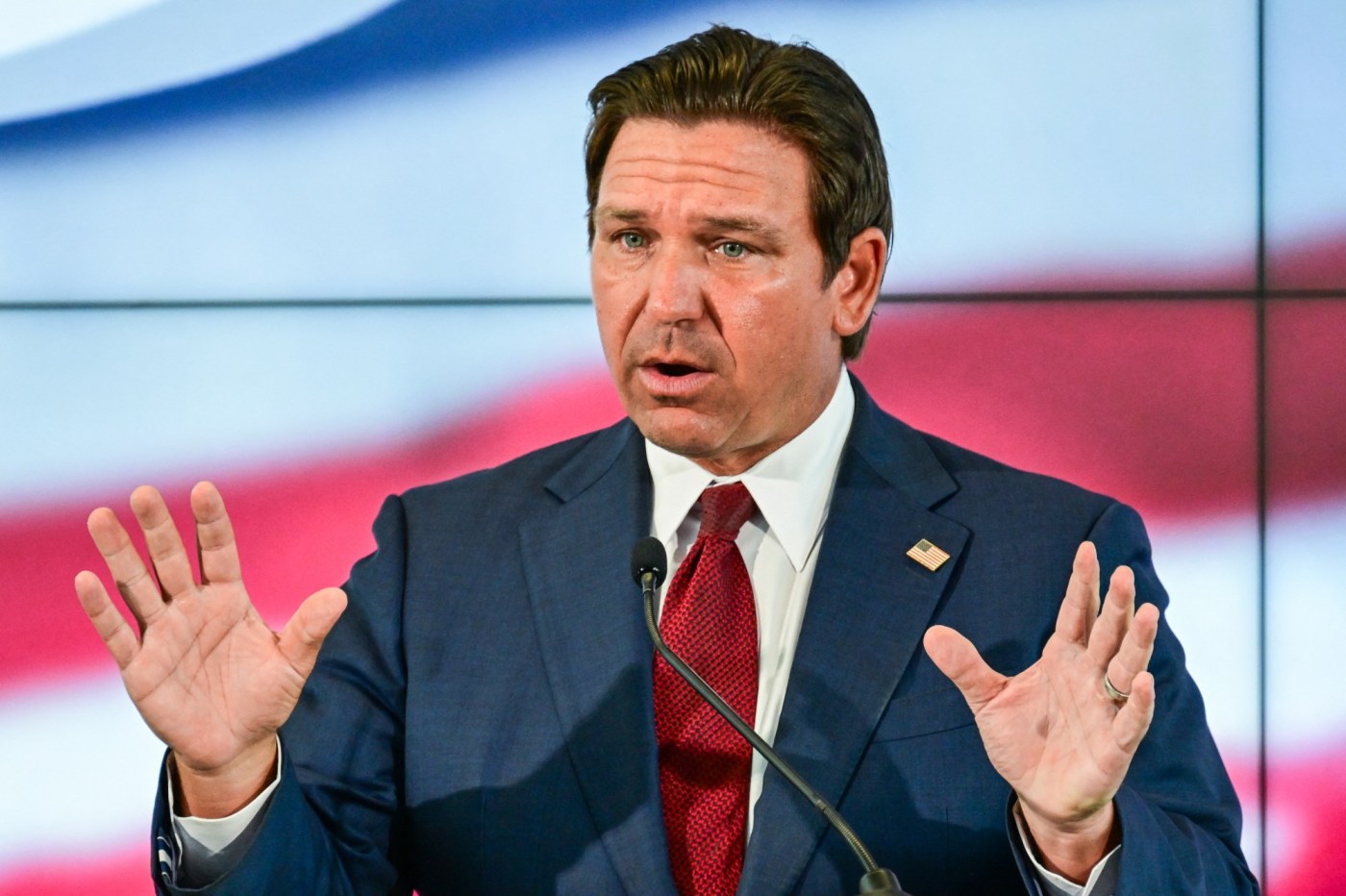Retired Colonel Rod Andrew, a professor in the Department of History & Geography at Clemson University, has released a new book titled The Marines’ Fight for Survival: War, Politics, and Institutional Crisis, 1945-1952. The book examines the U.S. Marine Corps struggle to maintain its identity and existence as a distinct branch of the armed forces in the aftermath of World War II. Andrew, who served four years on active duty and an additional 25 years in the Reserves, brings a unique perspective as both a historian and a Marine.
Andrew’s research reveals that the Marine Corps faced significant challenges from key military leaders and political figures during this turbulent time. The book highlights how these internal and external pressures shaped the Corps’ identity, which continues to resonate today.
Uncovering Historical Struggles
Andrew’s interest in military history deepened over the last decade of his career, particularly during his tenure as a field historian for the Marine Corps History Division. His exploration into this lesser-known chapter began ten years ago when his daughter gifted him Underdogs: The Making of the Modern Marine Corps by Aaron B. O’Connell. A chapter in that book addressed the Marine Corps’ crisis during the 1940s, a narrative largely forgotten by the public.
“This is a story that needs to be told in full,” Andrew states, emphasizing the importance of understanding how these historical struggles have impacted the Marine Corps’ identity today.
Power Dynamics and Institutional Challenges
Following World War II, the Marine Corps encountered hostility from senior military leaders, including President Harry S. Truman and General Dwight D. Eisenhower. Andrew explains that there was a perception among Army leaders that the Marine Corps was overstepping its role, having evolved from a naval constabulary into a formidable fighting force.
The bitterness among these leaders stemmed from the Marine Corps’ enhanced visibility and media attention during the war. Major victories at battles such as Guadalcanal and Iwo Jima garnered significant public acclaim, overshadowing larger Army operations. Andrew notes that this success led to jealousy and concern among Army leaders, who saw the Marine Corps as a potential threat to their own standing.
“It was the extreme bitterness of leaders like Eisenhower and General Omar Bradley that surprised me the most,” Andrew remarks, indicating that this animosity played a crucial role in the Marine Corps’ struggle for survival.
The Marine Corps faced its ninth attempt to either abolish or significantly alter its role during this time. Andrew underscores that Congress often intervened to preserve the Corps, driven by its popularity with the public due to its reputation for valor and effectiveness in combat.
“If the Marine Corps loses a battle, its reputation for invincibility is destroyed,” Andrew explains, highlighting the emotional stakes involved for Marines and their connection with the American public.
Key Turning Points and Future Implications
Several pivotal events marked the turning point for the Marine Corps, including a powerful address by Commandant Alexander Archer Vandegrift to the Senate Naval Affairs Committee in 1946. His “No Bended Knee” speech resonated widely and emphasized the Corps’ resilience. Another significant moment came in 1949 when Commandant Clifton B. Cates articulated the Corps’ importance to national defense.
Andrew contends that political support for the Marine Corps solidified during the Korean War, where its performance made it politically untenable to diminish the Corps further. “The Korean War was a critical moment that reinforced the need for a robust Marine Corps,” he notes.
Ultimately, Andrew hopes that readers gain a greater appreciation for the unique role of the Marine Corps and understand the historical battles it fought to maintain its distinct identity. He emphasizes the need for current and future military leaders to recognize the significance of this history as the Marine Corps navigates ongoing strategic challenges.
Through meticulous research and personal insights, Andrew sheds light on a crucial period in military history, underscoring the enduring legacy of the Marine Corps in the context of American defense.







